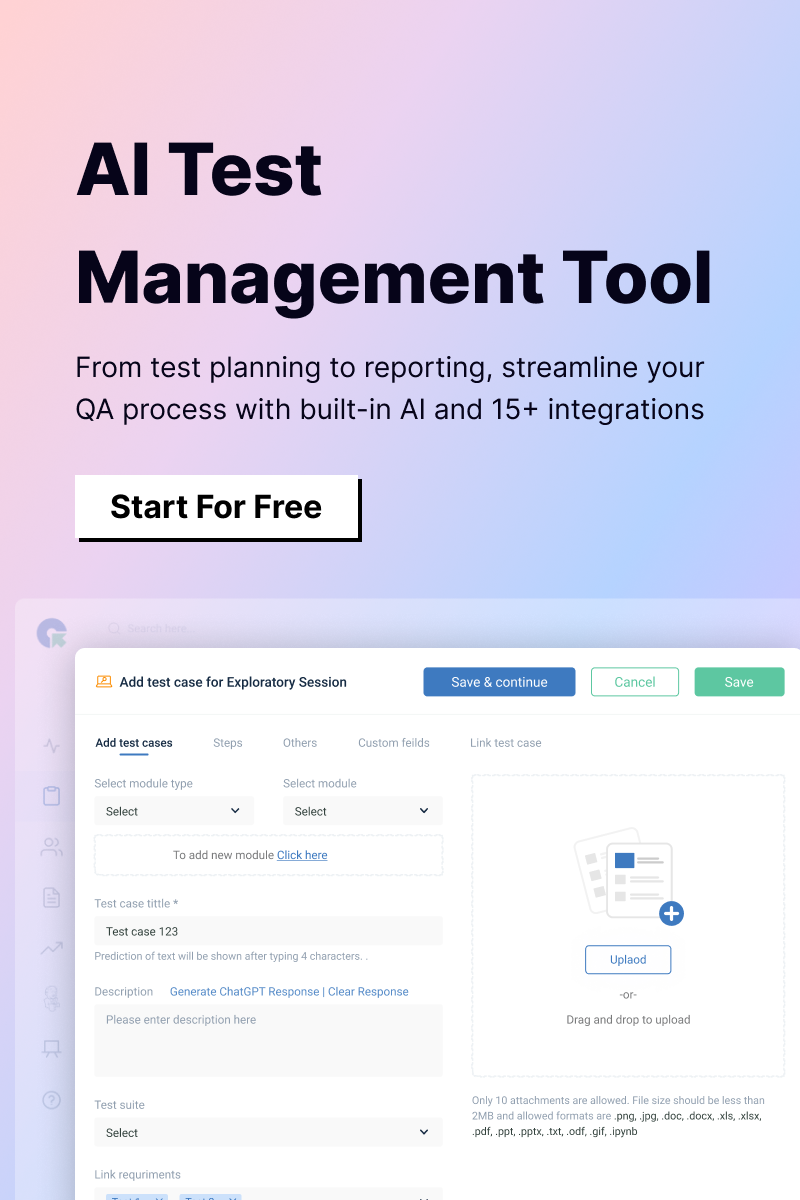DevOps has emerged as a transformative approach to software development and operations, emphasizing collaboration, automation, and continuous delivery. On this special occasion of National DevOps Day, we celebrate the principles and practices that have revolutionized the way teams build, deploy, and maintain software.
What is National DevOps Day?
National DevOps Day honors everything about DevOps. Combining the word development and operations, the term “DevOps” denotes a collaborative approach to the duties of a company’s application development and IT operations teams. To create and maintain better, more dependable software products, DevOps is a philosophy and a set of practices that encourages improved communication and collaboration between developers, operators, and others.

DevOps practices are widely used in contemporary organizations, which see them as essential to their digital transformation strategy. On National DevOps Day, business professionals have the chance to educate the public about DevOps, including its definition, significance, and methods of implementation.
Why was National DevOps Day created?
National DevOps Day is celebrated on May 24 to raise awareness and celebrate the principles and practices of DevOps. The day aims to highlight the importance of DevOps in modern software development and operations, and its impact on organizations and their digital transformation journey.
The creation of National DevOps Day was driven by the desire to recognize and promote the value of DevOps as a transformative approach to software development and delivery. By dedicating a day to DevOps, industry professionals, and organizations can share knowledge, best practices, and success stories.
It provides an opportunity to educate and inspire others about the benefits of DevOps and how it can improve collaboration, efficiency, and the overall quality of software products.
Now let’s explore the significance of DevOps, its impact on the software industry, and how organizations can leverage its power to drive innovation and efficiency.
Also Read: DevOps Testing Strategy Best Practices
Understanding DevOps
DevOps is a cultural and technical movement that brings together development and operations teams to streamline the software development lifecycle. It breaks down silos and fosters a collaborative environment, enabling seamless communication, shared responsibilities, and faster feedback loops. DevOps emphasizes automation, infrastructure-as-code, and continuous integration and delivery, enabling teams to deliver high-quality software at an accelerated pace.
The Benefits of DevOps
Implementing DevOps practices yields numerous benefits for organizations. Firstly, it fosters better collaboration and communication, bridging the gap between development, operations, and other stakeholders. This alignment leads to improved efficiency, reduced errors, and faster time to market.
Additionally, DevOps promotes a culture of continuous improvement, allowing teams to iterate, learn from failures, and deliver incremental value to customers. The automation aspect of DevOps minimizes manual intervention, reducing human error and freeing up resources for more strategic tasks.

Enabling Continuous Delivery
One core tenet of DevOps is the concept of continuous delivery (CD). CD involves automating the build, test, and deployment processes to enable frequent and reliable software releases. By implementing CD, organizations can achieve shorter development cycles, reduced deployment risks, and the ability to respond to customer feedback quickly. This approach promotes agility, enabling businesses to stay competitive in today’s fast-paced market.
DevOps Tools and Technologies
DevOps is supported by a wide range of tools and technologies that facilitate collaboration, automation, and monitoring. Continuous integration tools like Jenkins, Travis CI, or GitLab CI/CD enable the integration of code changes from multiple developers and automate the building and testing of software.
Configuration management tools such as Ansible, Chef, or Puppet simplify the management and provisioning of infrastructure. Containerization platforms like Docker and orchestration tools such as Kubernetes provide scalable and portable environments for applications. These tools, along with many others, empower teams to embrace DevOps principles effectively.
Recommended Read: DevOps Testing – Useful Techniques
Cultivating a DevOps Culture
Adopting DevOps is not just about implementing tools and processes; it also requires a cultural shift. Organizations must foster an environment that encourages collaboration, learning, and innovation. This involves promoting cross-functional teams, emphasizing shared goals and responsibilities, and creating knowledge-sharing opportunities.
Leadership plays a crucial role in driving this cultural transformation by supporting and empowering teams, breaking down organizational barriers, and fostering a culture of trust and continuous improvement.
Exploring the Evolution of DevOps on National DevOps Day
As we celebrate National DevOps Day, it is essential to recognize the profound impact DevOps has had on the software industry. By embracing DevOps principles, organizations can enhance collaboration, drive innovation, and deliver software faster and more reliably.
However, successful DevOps implementation requires more than just adopting tools; it necessitates a cultural transformation that promotes communication, learning, and adaptability. Let us embrace the spirit of DevOps and continue to revolutionize software development for years to come.
Happy National DevOps Day!









